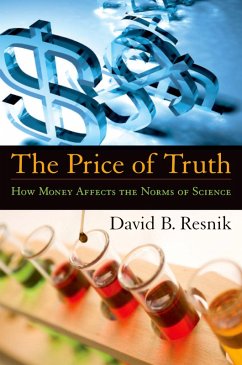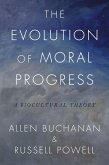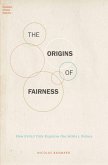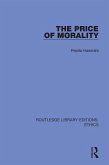Modern science is big business. Governments, universities, and corporations have invested billions of dollars in scientific and technological research in the hope of obtaining power and profit. For the most part, this investment has benefited science and society, leading to new discoveries, inventions, disciplines, specialties, jobs, and career opportunities. However, there is a dark side to the influx of money into science. Unbridled pursuit of financial gain in science can undermine scientific norms, such as objectivity, honesty, openness, respect for research participants, and social responsibility. In
The Price of Truth, David B. Resnik examines some of the important and difficult questions resulting from the financial and economic aspects of modern science. How does money affect scientific research? Have scientists become entrepreneurs bent on making money instead of investigators searching for the truth? How does the commercialization of research affect the public's perception of science? Can scientists prevent money from corrupting the research enterprise? What types of rules, polices, and guidelines should scientists adopt to prevent financial interests from adversely affecting research and the public's opinion of science?
Dieser Download kann aus rechtlichen Gründen nur mit Rechnungsadresse in A, B, BG, CY, CZ, D, DK, EW, E, FIN, F, GR, HR, H, IRL, I, LT, L, LR, M, NL, PL, P, R, S, SLO, SK ausgeliefert werden.









